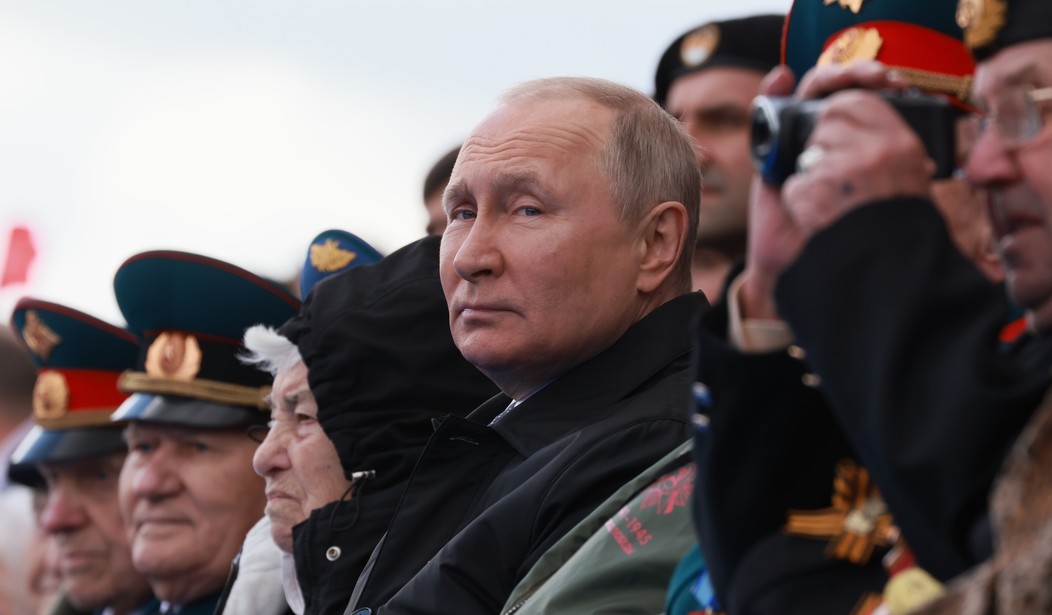How does the war in Ukraine end?
This is precisely the question no one is supposed to ask these days. The supposition by our thought leaders seems to be that if we keep up the pressure on Vladimir Putin in Ukraine, he'll fold and go home; his threats to use tactical nuclear weapons on the battlefield are nothing more than saber-rattling. He will then retrench on the domestic front, resolidify his power and continue throwing his prospective enemies from third-story windows.
Perhaps that's actually the best-case scenario. Because if President Joe Biden gets his wish -- if Putin is indeed ousted from power in Russia -- what would follow could easily be even worse than Putin: the Russian public remains highly supportive of aggressive foreign action to expand the "empire"; other than the military, there are no well-organized or powerful groups in Russia, and Putin does have an inner circle of possible successors who are, if anything, more anti-West even than he is. If none of those successors take the fore, the possibility of internecine warfare akin to Syria isn't totally out of the realm of possibility either -- and that, in a country armed with a massive and aging nuclear arsenal.
Then there's the other possibility: that Putin is serious, and that if he sees his mission in Ukraine failing, he actually unleashes nuclear weapons. Most observers thought Putin was saber-rattling over his threats to invade Ukraine in the first place; underestimating Putin's aggressive radicalism now could be foolish. And there are no real plans to deal with Putin unleashing a nuke: while former CIA director David Petraeus has suggested that America would respond by "leading a NATO, a collective effort, that would take out every Russian conventional force that we can see and identify on the battlefield in Ukraine and also in Crimea and every ship in the Black Sea," that could also lead Putin to escalate even further, perhaps even trying to directly threaten a civilian center in NATO territory with nuclear weapons.
Recommended
In November 1939, the Soviet Union invaded Finland, attempting to install a puppet communist government; the West united in opposition to Soviet intervention, shipping weaponry to the Finns, who bravely stood against the forces of Stalin. The USSR lost at least 126,000 soldiers over the course of the three-and-a-half-month war but responded in the late going with a massive infusion of troops and a heavy offensive that drove the Finns back on their heels. Faced with the prospect of open war with the Western powers, Stalin signed the Moscow Peace Treaty in March 1940, with the Finns ceding 9% of their territory to Stalin.
Was the mutual stand-down the best solution? Should the West have pressed Stalin to the brink in Finland? Perhaps. But the West was facing down Stalin and Hitler simultaneously. Today, the threat isn't a second front from a powerful enemy, but the direct threat of nuclear weapons. Henry Kissinger has been publicly excoriated for suggesting that the off-ramp to this conflict will be territorial concessions by Ukraine to Russia -- a repeat of the Moscow Peace Treaty. But he may be correct, particularly if the West is unwilling to bear the full economic and military cost of a larger war with Russia -- as historian Niall Ferguson writes, "Thus far, the West have given Zelensky and his brave people enough military and economic support to avoid losing. We are not yet giving them enough to win -- and the window for victory is not infinite." In the end, it may be that the least-bad scenario is about simply preventing the worst-case scenario.

























Join the conversation as a VIP Member